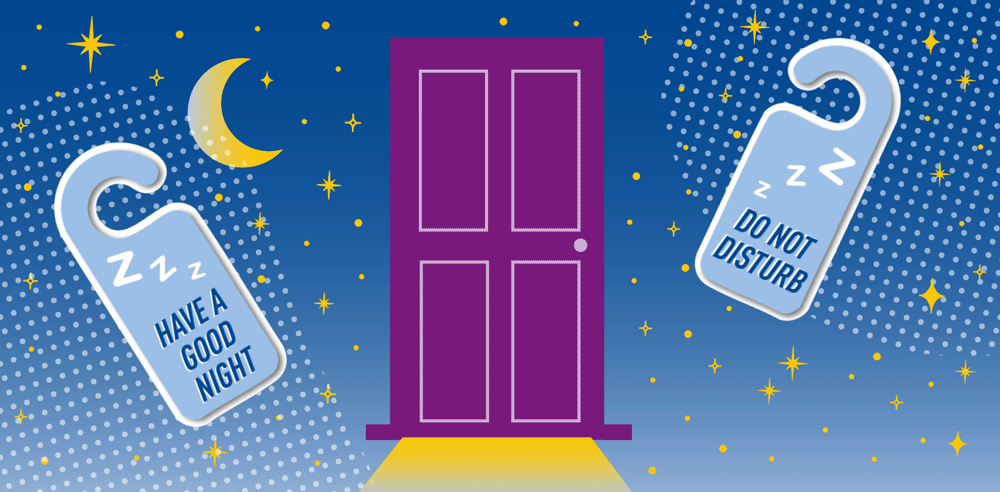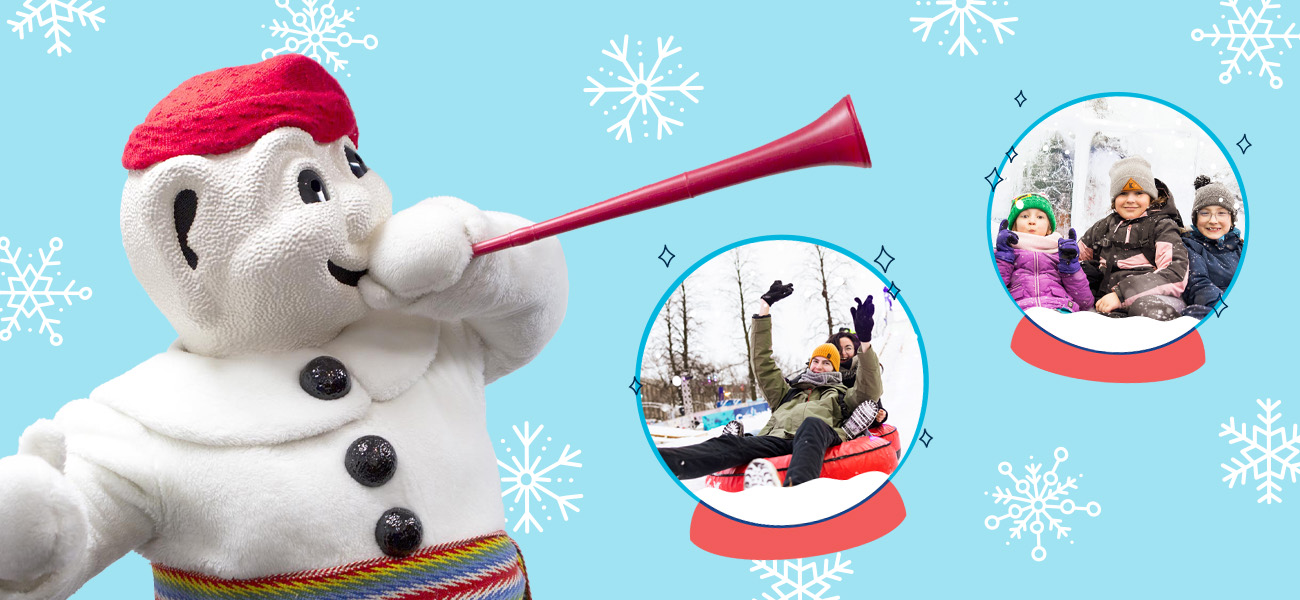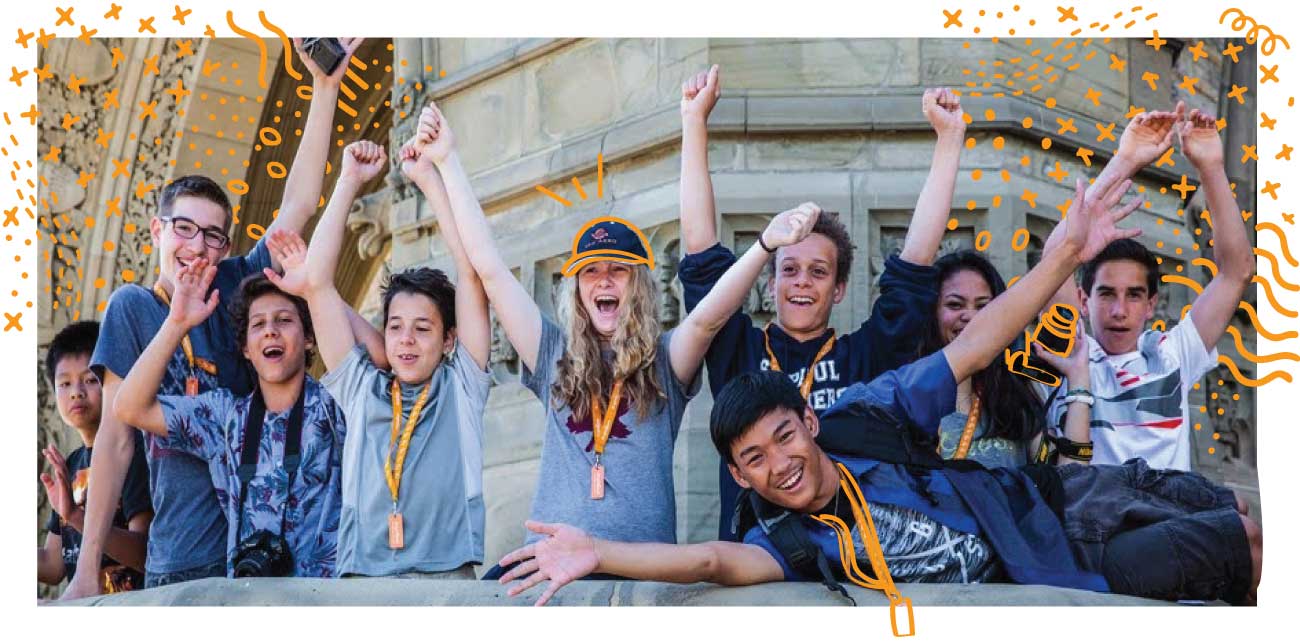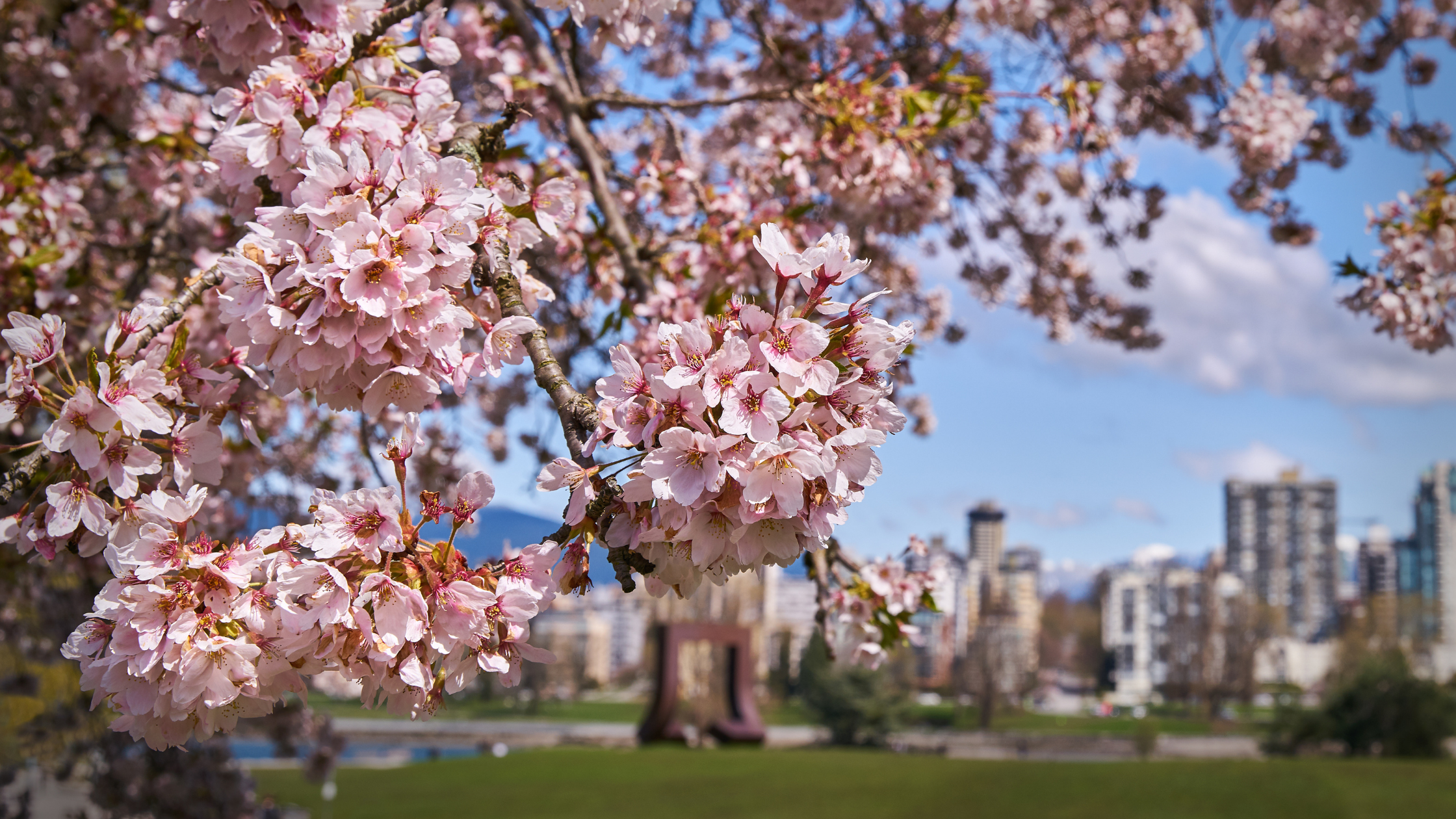December is that special time of year when “the holidays” are underway. For many, that means Christmas and Hanukkah celebrations, but what about other cultures and traditions?
Have you ever wondered why Diwali is celebrated? What the significance of the Chinese New Year is? Why Muslims fast during Ramadan? Fret no more - we’ve compiled a list of cultural celebrations that occur throughout the year that you can share quick lesson on different cultural traditions with your students.
So enjoy our holiday gift to you: a curated collection of videos that will teach your students about the wonderful holidays that exist year round.
Fortune Tales - The Story of Chinese New Year
Celebrated at the end of January
In Chinese culture, the New Year is an important time, rooted in tradition and customs passed down through the ages. It is 15 magical days of reflection on the passing year and celebration of the future with family and friends. This video explains the story of the Chinese New Year and 'Nian' - a monster who prevents villagers from celebrating the new moon. Learn how the villagers overcame the monster, and the traditions that were born out of the victory.
Bonus: This 9-minute adaptation of the story of Nian is a great accompaniment to the above video
History of Ramadan
Celebrated from spring into summer
Islam is the world's second largest religion (after Christianity) with more than 1 billion followers. Ramadan, which means scorcher in Arabic, honours the time Muhammed received the initial revelations of what became the Quran. It is the holiest of Islamic holidays and is celebrated for the entire ninth month of the 12-month Islamic calendar. During this time Muslims fast every day until sundown. Once Ramadan ends, the celebration of Id al-Fitr, or the 'Feast of Fast-Breaking,' begins lasting for three days. It is a time to spend with family and friends, and includes special prayers and the exchanging of gifts.
Bonus: Ramadan as an American Teen Girl
Lights for Gita
Lights for Gita, Michel Vo, National Film Board of Canada
Celebrated in late fall
Diwali is the Hindu festival of lights. It is celebrated in late fall, and commemorates the victory of the forces of light over the forces of darkness. Diwali is to many Hindus what Christmas is to Christians. This animated story from the National Film Board is the heartwarming tale of 8-year-old Gita and her family’s first Diwali in a new land. Watch as she makes arrangements to share Diwali customs with her new friends in Canada and reminisces of Diwali’s past at her grandmothers in New Dehli - full of diyas and fireworks. When an ice storm rolls in, Gita wonders; will it ruin her favourite celebration in her new home or will she make the most out of an unfavourable situation?
Bonus: If you're looking for something geared towards a more mature audience, this video from National Geographic is a great alternative!
Origins of Hanukkah
Celebrated in December
The menorah, dreidel and gelt are symbols of Hanukkah, but what do they represent? Hanukkah, also known as the 'Festival of Lights,' is an eight-day celebration of a great victory, as it commemorates the triumph of Jewish people over religious persecution. From the oil that lit the Menorah for a miraculous 8 days and nights, to offerings of gelt to children this video from History.com takes you through the stories of how Hanukkah came to be.
Bet You Didn't Know: Christmas
Celebrated in December
Christmas is one of the most celebrated holidays throughout the world, but our modern Christmas is a hodge-podge of traditions from all over the world. Ever wonder why we cut down Christmas trees? Why we kiss under mistletoe? And why we give each other gifts? This page on History.com explains the evolution of Christmas.
History of Kwanzaa
Celebrated in December
The name Kwanzaa comes from the Swahili phrase 'Matunda ya Kwanza' or 'first fruit'. Since its creation by Dr Maulana Karenga in 1966, Kwanzaa has been celebrated by people of African heritage around the world. Its seven principals, or Nguzo Saba, are meant to encourage unity, cooperation, and to preserve African culture and heritage throughout the world. Learn about the daily celebrations and more with this post from History.com
There are many wonderful holidays that exist year round and much to be recognized and celebrated, we hope you and your students enjoyed this list as much as we did compiling it. Happy Holidays from the team at Brightspark!



![Celebrating Earth Day in Canada [Classroom Resources]](https://www.brightsparktravel.ca/hubfs/BSCA/Blog/4321Z_ecology%20x%201920.jpg)


